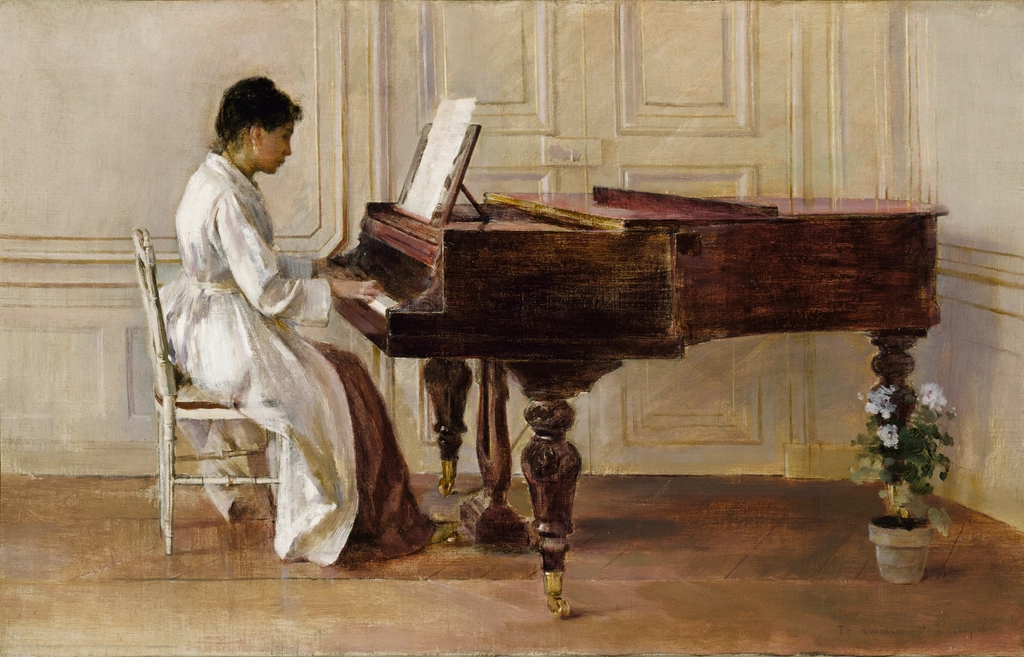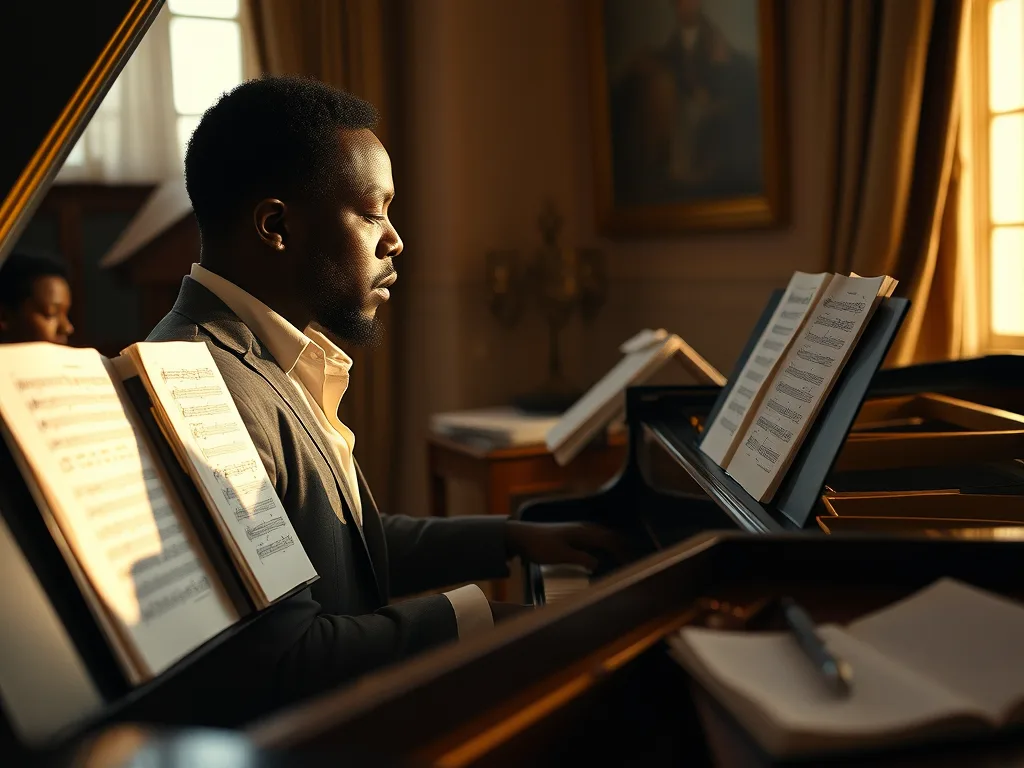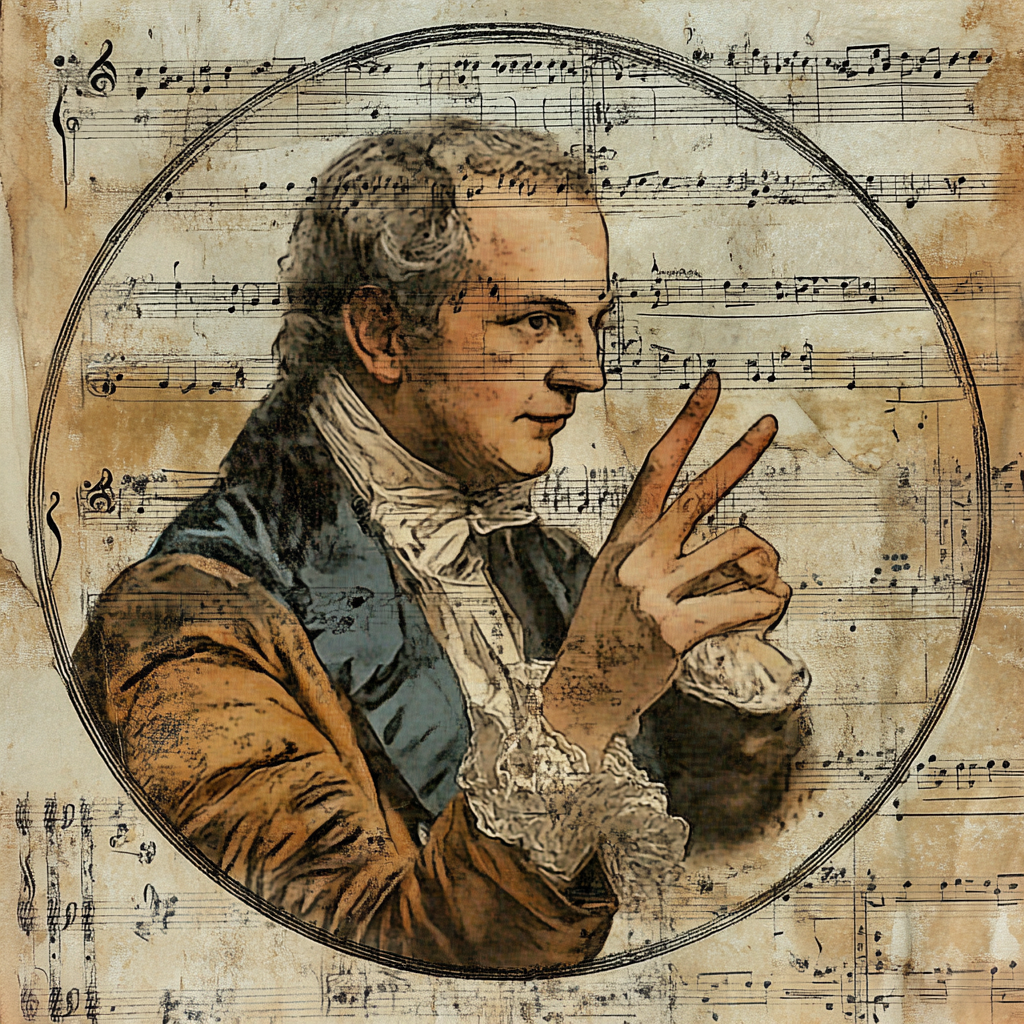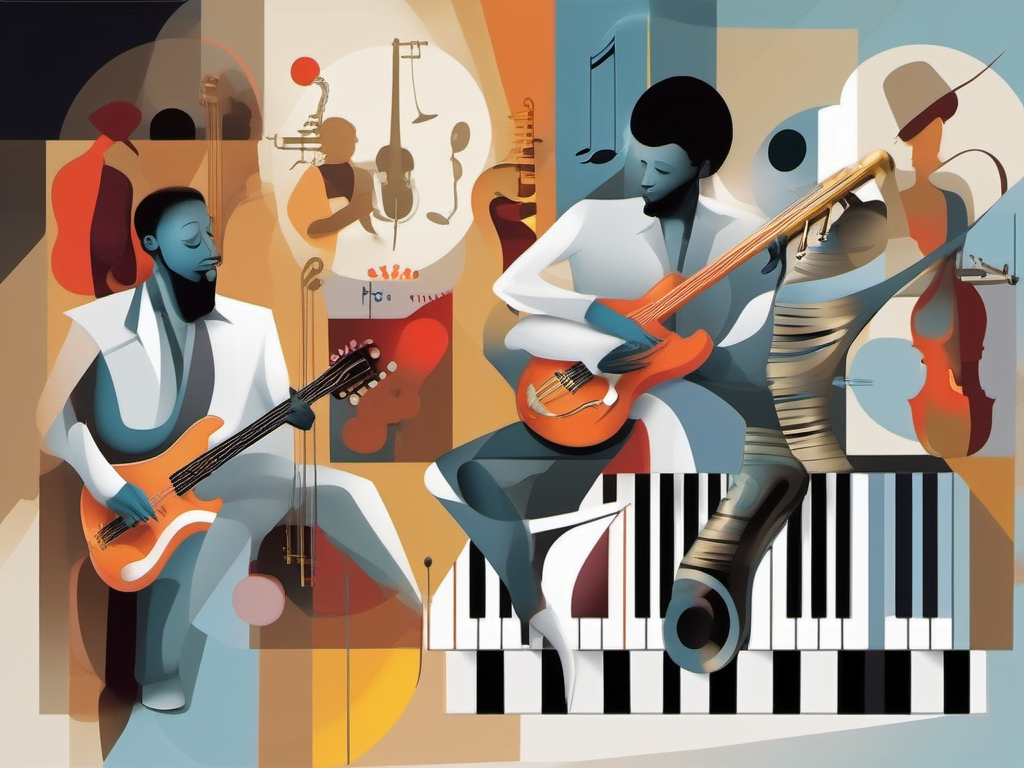Table of Contents
Best Female Composers Throughout History
Introduction
Throughout history, women composers have made groundbreaking contributions to classical music, often overcoming societal challenges to create works of incredible depth, complexity, and emotional power. Despite facing obstacles, these women left an indelible mark on music that resonates even today. This article discusses some of the most important female composers in classical music, highlighting their achievements, the challenges they faced, and their lasting legacies.

Who Are the Best Female Composers in Classical Music?
Clara Schumann: A Romantic Trailblazer
Clara Schumann (1819–1896) was more than just a remarkable composer; she was also one of the most acclaimed pianists of her time. As a child prodigy, Clara quickly became a prominent figure in the Romantic era. She composed numerous works for piano, chamber music, and songs, with highlights including her Piano Concerto in A minor, Op. 7. While her output was somewhat constrained by societal expectations and her duties as a mother and wife to composer Robert Schumann, her compositions remain emotionally profound and technically demanding. Her resilience in managing these dual roles while maintaining an active performance career is testament to her groundbreaking impact on classical music.
Ethel Smyth: A Composer for Change
Ethel Smyth (1858–1944) was not only a celebrated composer but also an ardent advocate for women’s rights. Best known for her opera The Wreckers, Smyth brought a strong, dramatic voice to her compositions, and her works were performed by major orchestras and opera houses. Beyond music, Smyth made her mark as a suffragette, with her song March of the Women becoming the anthem of the women’s suffrage movement in England. Smyth’s influence extended beyond the concert hall, proving that music and social activism could go hand in hand.
Amy Beach: America’s Musical Pioneer
Amy Beach (1867–1944) was one of the first significant female composers in America. Entirely self-taught, Beach’s works spanned symphonies, chamber music, and choral pieces. Her Gaelic Symphony, premiered by the Boston Symphony Orchestra in 1896, was a milestone as the first symphony by an American woman to be performed by a major orchestra. Beach’s ability to blend traditional symphonic structure with folk-inspired melodies and American idioms makes her one of the most important figures in the development of classical music in the United States.
What Impact Did Women in Classical Music Have on the Genre?
Florence Price: Breaking Barriers
Florence Price (1887–1953) was a trailblazer not just as a female composer, but also as the first African American woman to have a symphony performed by a major orchestra—her Symphony No. 1 in E minor was performed by the Chicago Symphony Orchestra in 1933. Her work, often characterized by its integration of African American spirituals and folk tunes into classical forms, has been rediscovered in recent years, solidifying her position as a key figure in American classical music.
Lili Boulanger: A Prodigy of the Orchestral World
Lili Boulanger (1893–1918) was the first woman to win the prestigious Prix de Rome composition prize. Despite her short life, she created masterpieces like D’un matin de printemps and Pie Jesu. Her innovative use of orchestration and her unique harmonic language made her one of the most promising composers of her generation. Her work continues to influence and inspire composers and musicians today.
Hildegard of Bingen: A Medieval Visionary
Hildegard of Bingen (1098–1179), a Benedictine abbess and mystic, is often considered one of the earliest known composers in Western classical music. Her sacred works, such as Ordo Virtutum, broke ground in the 12th century, incorporating plainchant melodies with a spiritual depth that has influenced sacred music for centuries. Hildegard’s contributions are particularly noteworthy, given the restricted roles women held in the arts during the Middle Ages.
Pioneers Who Redefined Classical Music
Louise Farrenc: French Symphonic Powerhouse
Louise Farrenc (1804–1875) was an exceptional French composer and one of the few women of her time to achieve prominence in orchestral music. Her Symphony No. 3 is celebrated for its inventive use of orchestral color and form, and her Nonet in E-flat major was highly regarded by contemporaries such as Schumann and Berlioz. Farrenc’s appointment as a professor of piano at the Paris Conservatory further underscores her influence as a musician and educator.
Fanny Mendelssohn: A Hidden Master
Fanny Mendelssohn (1805–1847) composed over 400 works, many of which were overshadowed by her brother, Felix Mendelssohn. Nevertheless, her works, particularly her Piano Trio in D minor and various Lieder, have gained recognition in recent years for their emotional depth and technical sophistication. Fanny’s contributions are a poignant example of how many female composers were often relegated to the background despite their immense talent.
Societal Challenges and Their Impact on Female Composers
Throughout history, women composers have had to overcome significant societal barriers. In the 19th century, women like Clara Schumann and Fanny Mendelssohn faced rigid gender norms that relegated many talented women to the domestic sphere. It wasn’t until the 20th century that female composers like Ethel Smyth and Amy Beach began to receive widespread recognition for their work. These women broke new ground, not just by composing, but by daring to challenge societal expectations.
Modern Perceptions and the Continued Legacy of Female Composers
In recent years, there has been a renaissance of interest in the works of historical female composers. Modern conductors, musicologists, and performers have increasingly sought to champion the underperformed works of figures like Florence Price and Amy Beach, and new scholarship has brought renewed attention to forgotten female composers. Festivals, organizations, and ensembles now focus on promoting the work of female composers, ensuring their legacies endure and grow in the 21st century.
Notable Compositions to Explore
- Florence Price – Symphony No. 1 in E minor
- Clara Schumann – Piano Concerto in A minor, Op. 7
- Lili Boulanger – D’un Matin de Printemps
- Amy Beach – Gaelic Symphony
- Louise Farrenc – Symphony No. 3
These works represent a rich and varied tradition of female composers who have reshaped the landscape of classical music. Exploring these compositions provides a deeper understanding of the unique contributions women have made to this timeless art form.
Additional Reading
More blog posts can be found here. Consider following Breve Music Lessons on Facebook.





